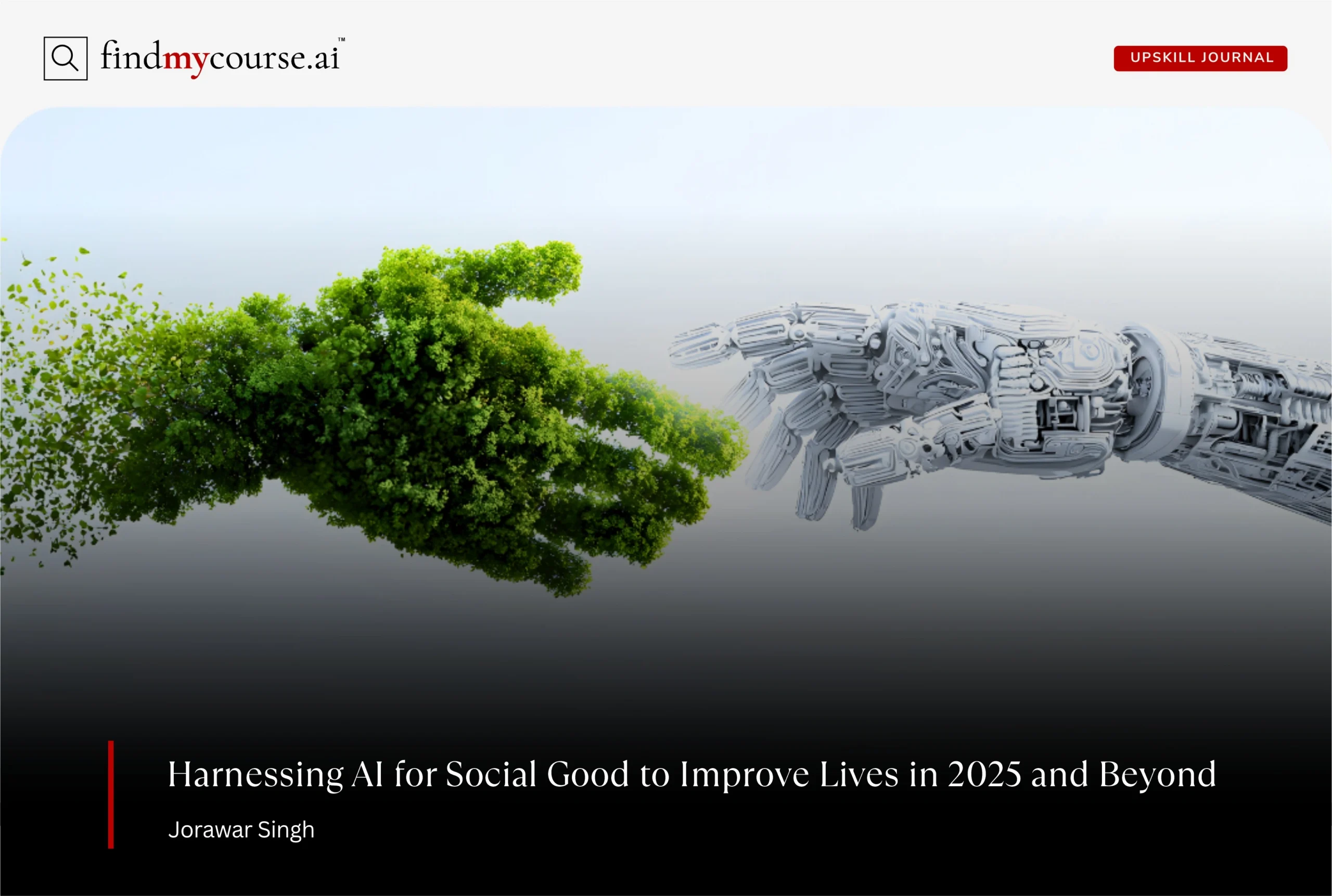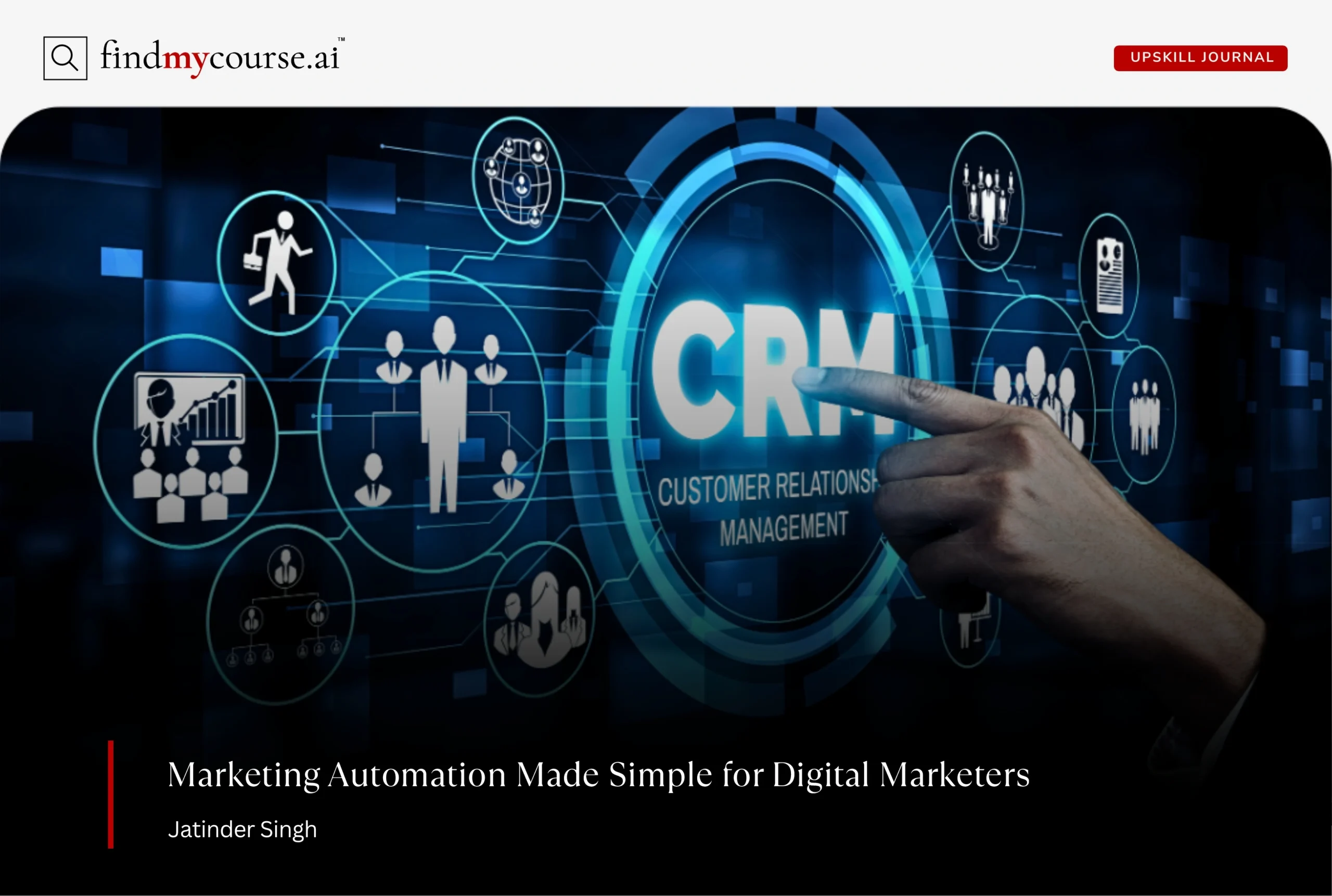AI in modern society touches nearly every aspect of our lives, from personalized services to global logistics. Yet its greatest potential lies in creating positive social impact. AI for Social Good in 2026 is driving innovations that improve healthcare, protect the environment, enhance education, and promote economic inclusion. For professionals seeking to upskill, understanding these applications offers both career growth and the chance to contribute meaningfully to society. This guide will show you how AI is applied across sectors and how you can develop the skills to make a real-world impact.
What “AI for Social Good” Really Means
AI for Social Good refers to deploying artificial intelligence to address pressing societal issues. It’s about leveraging machine learning, predictive analytics, and automation to create measurable benefits for communities, the environment, and global development.
Unlike traditional AI applications that focus solely on profit, AI for Social Good emphasizes measurable social impact. Whether it’s reducing health disparities, supporting inclusive education, or aiding disaster response, the goal is to align technological advancement with human well-being.
Moreover, understanding these applications is crucial for professionals aiming to upskill in AI-related fields. It’s not just a technical journey—it’s a chance to apply AI toward meaningful, real-world change.
Real-World Applications of AI for Social Good
From improving public health to protecting the environment, AI for Social Good is already making a measurable impact across multiple sectors. Its ability to analyze massive datasets and generate actionable insights enables solutions that were previously unimaginable. Let’s explore how these applications are transforming healthcare, education, and beyond.
1. Healthcare: Precision Medicine Meets Early Intervention
AI is transforming healthcare from reactive treatment to proactive prevention. In 2026, AI-driven diagnostics can detect early-stage diseases like pancreatic cancer or Alzheimer’s years before symptoms appear, analyzing millions of medical images in seconds. Hospitals are using these predictive algorithms to personalize treatment plans, improving patient survival rates and reducing healthcare costs.
In addition, AI-powered wearable devices now monitor chronic conditions in real time, alerting patients and doctors to anomalies before they escalate. Consequently, this creates a proactive healthcare ecosystem, shifting the focus from crisis management to preventative care.
2. Education: Adaptive Learning That Puts Students First
Education is no longer one-size-fits-all. AI for Social Good in 2026 delivers adaptive learning platforms that respond to individual students’ strengths and weaknesses. For example, AI tutors analyze performance in real time, recommending personalized exercises that maximize retention and engagement.
Moreover, AI streamlines administrative tasks—grading, attendance tracking, and scheduling—freeing educators to focus on teaching. By combining human insight with AI efficiency, schools and universities can foster more equitable learning environments, helping students thrive regardless of socioeconomic background.
3. Environmental Conservation: Smarter Planet Management
AI is central to global sustainability efforts. Satellite imagery and IoT sensors feed machine learning models that track deforestation, wildlife migration, and air quality with unprecedented accuracy. In 2026, AI predicts areas at risk of illegal logging and guides conservation teams for timely interventions.
Furthermore, AI models simulate climate change impacts, helping governments and NGOs implement more precise mitigation strategies. For instance, AI-driven flood prediction systems now save lives by optimizing evacuation routes and disaster relief logistics in real time.
4. Disaster Response: Data-Driven Crisis Management
Natural disasters are unpredictable, but AI is changing that. By analyzing meteorological data, social media signals, and satellite imagery, AI predicts the severity and timing of crises like hurricanes, wildfires, and earthquakes. Consequently, emergency response teams can deploy resources efficiently, minimizing casualties and economic losses.
During active disasters, AI algorithms coordinate relief operations, ensuring food, medicine, and shelter reach affected communities without delay. These technologies are not futuristic—they are actively saving lives today.
5. Economic Inclusion: Empowering Entrepreneurs and Communities
AI is helping bridge economic inequality by supporting small businesses and underserved communities. In 2026, AI platforms provide entrepreneurs with real-time insights into consumer behavior, supply chain optimization, and financial forecasting. This enables smarter decisions, scaling opportunities, and competitive advantage.
Additionally, AI identifies regions with persistent unemployment or poverty and recommends targeted interventions, from microloans to educational programs, empowering local economies. By using AI for Social Good, businesses and governments can create inclusive growth that benefits society as a whole.
Ethical and Governance Considerations
AI for Social Good holds immense promise, but its deployment comes with ethical responsibilities. Ensuring that AI benefits society requires careful attention to fairness, transparency, and accountability. Professionals and organizations must actively manage risks while maximizing impact.
Key considerations include:
- Data Privacy: Protect sensitive personal and community information from misuse or breaches.
- Algorithmic Bias: Use diverse, representative datasets and regularly audit models to prevent reinforcing social inequalities.
- Transparency: Make AI decision-making processes understandable to stakeholders and the public.
- Accountability: Establish clear governance frameworks defining responsibilities for developers, organizations, and policymakers.
- Alignment with Societal Values: Ensure AI projects prioritize collective benefit over narrow interests.
By addressing these challenges, AI initiatives can maintain trust and legitimacy. Professionals working in AI for Social Good must combine technical skills with ethical awareness, recognizing that the true measure of success is not only what AI can do, but how and for whom it is applied.
Shaping the Future: AI That Benefits Society
The future of AI for Social Good is both exciting and expansive. By 2030, AI is expected to drive even deeper societal impact, from predicting pandemics to optimizing global food systems and advancing renewable energy solutions. Emerging technologies like generative AI, edge computing, and AI-powered robotics will open new avenues for social impact, enabling faster, more precise interventions.
Moreover, cross-sector collaboration between governments, nonprofits, and private organizations will be crucial in scaling initiatives responsibly. Professionals who upskill in AI, data ethics, and social innovation will be at the forefront, shaping solutions that are inclusive, sustainable, and impactful.
Ultimately, the next decade will test our ability to align AI innovation with human values. Those who combine technical expertise with ethical awareness will not only drive social good but also define the future of responsible AI leadership.
Conclusion
AI for Social Good in 2026 demonstrates that technology and purpose can go hand in hand. Across healthcare, education, environmental conservation, and economic inclusion, AI is delivering measurable impact, transforming how communities live and thrive.
So, the future belongs to those who combine technical skills with ethical awareness. Every innovation is an opportunity to improve lives, protect the planet, and create equitable growth. Embrace these possibilities, and you won’t just advance your career—you’ll help shape a future where AI truly serves humanity.


